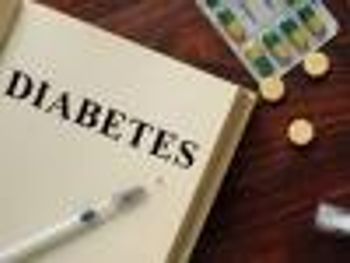
Predictors of poor medication adherence include increased regimen complexity, multiple comorbidities, and high medication cost.

Predictors of poor medication adherence include increased regimen complexity, multiple comorbidities, and high medication cost.
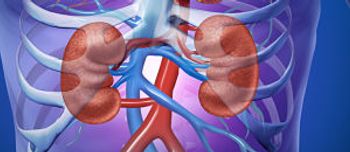
Chronic kidney disease incidence has grown faster than many of its common comorbidities such as diabetes and hypertension, and medications may be an underappreciated driver of this growth.

Supplementing insulin therapy combined with other glucose lowering agents may improve outcomes for T1DM patient.
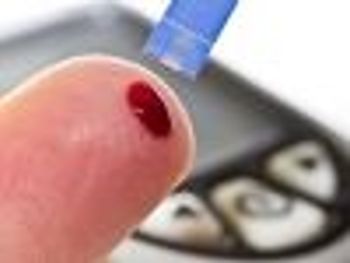
Supplementing insulin therapy combined with other glucose lowering agents may improve outcomes for T1DM patient.
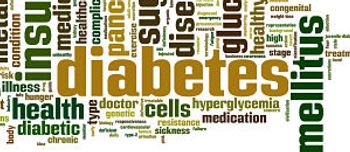
More than 20,000 articles have been written on how poor medication adherence, which costs the United States between $68 to $146 billion annually, increases adverse clinical outcomes and mortality.
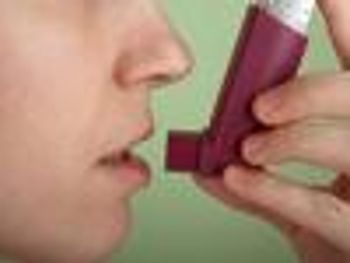
Some generic inhalers will probably cost less than current brand name-only products.

A host of new inhalers for chronic obstructive pulmonary disease are nearing market entry.

Patients who do not have HIV and adhere to their prescribed regimens usually have undetectable HCV RNA after 12 weeks of therapy.
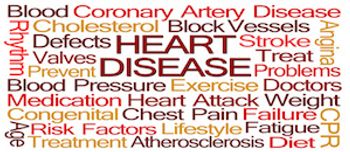
The American College of Cardiology and American Heart Association recommend low-dose aspirin for secondary prevention of coronary artery disease, but patients with aspirin allergies may not be able to take advantage of this prevention tactic.

One way to help patients with heart failure is identifying signs of decompensation early.

One-third of HIV-infected Americans are co-infected with hepatitis C virus (HCV), and 75% to 90% of HIV-positive intravenous drug users are co-infected.

Breakthrough cancer pain can be difficult for providers to measure.

Large geographic disparities exist in the likelihood of either being removed from the transplant list due to progressive disease or actually receiving a transplant.

The intractable, neurodegenerative movement disorder Parkinson's disease has challenged clinicians since its identification in 1817.

Whether transient, spontaneous, or a triggered exacerbation of adequately controlled baseline aches, breakthrough pain is a difficult symptom for providers to gauge.

Many patients with diabetes have high levels of mental illness, multiple comorbidities, and unmet needs.

Emergency medical service workers can act as vectors of seasonal influenza due to their close contact with 22 million patients annually.
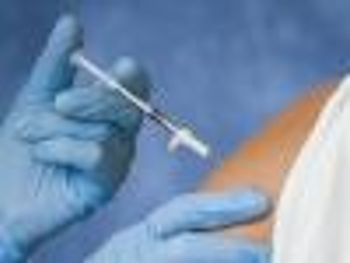
A minority of cancer patients receive the influenza vaccine due to adverse effect misconceptions.
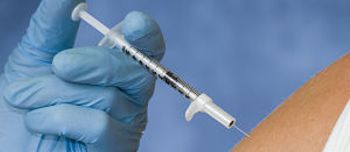
By infecting 5% to 10% of the US population each year, influenza consumes $87.1 billion.

There is anecdotal evidence that sudden drops in temperature precipitate viral acute respiratory infections, but does science support it?

Pharmacists are powerful advocates for insulin adherence in patients with diabetes.
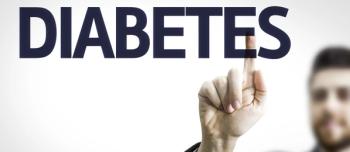
Despite the advent of a multitude of non-insulin therapies, insulin maintains its place in diabetes management.

The term takotsubo" is the Japanese word for octopus trap.

Heart failure and atrial fibrillation often coexist.

Although exercise is beneficial for numerous reasons, it can put athletes at risk for the flu and common cold, since it has been linked with depression of immune system functions.

Patients with refractory chronic cough are unresponsive to guideline-driven cough treatment.
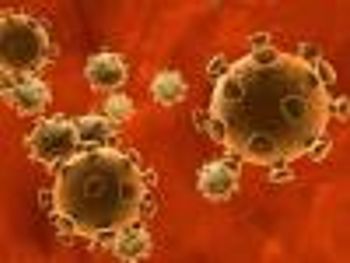
Novel small ubiquitin-like modifier protease inhibitor drug class shows promise.

Most clinicians deem treatment response variability among direct oral anticoagulants which include direct thrombin inhibitors and factor Xa inhibitors clinically insignificant.

New treatments for HIV infection are desperately needed.

Researchers evaluate link between hemoglobin and morbidity in patients who undergo major gastrointestinal surgery.